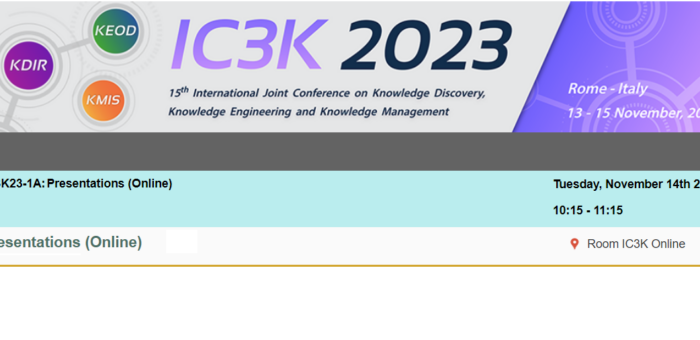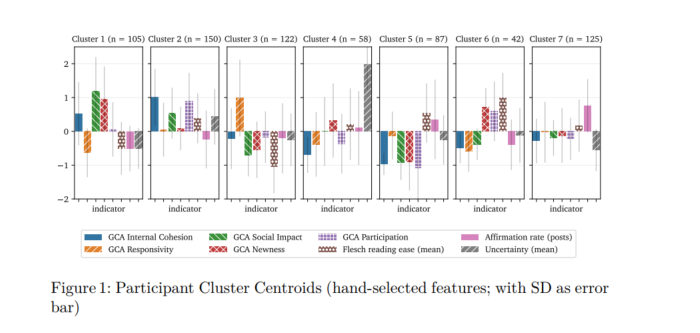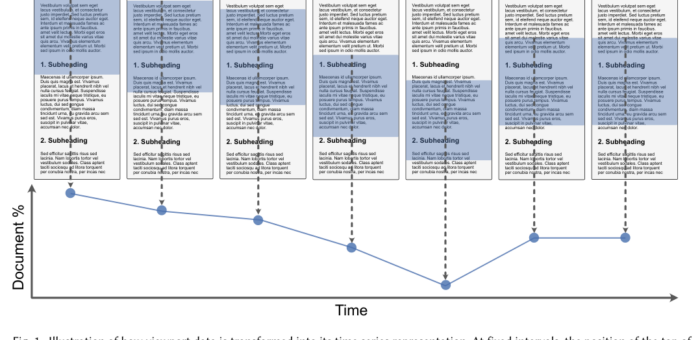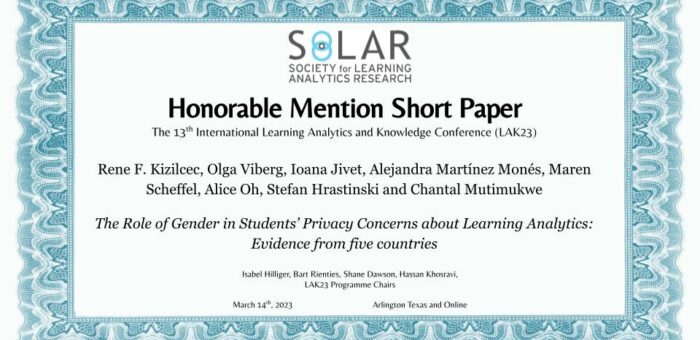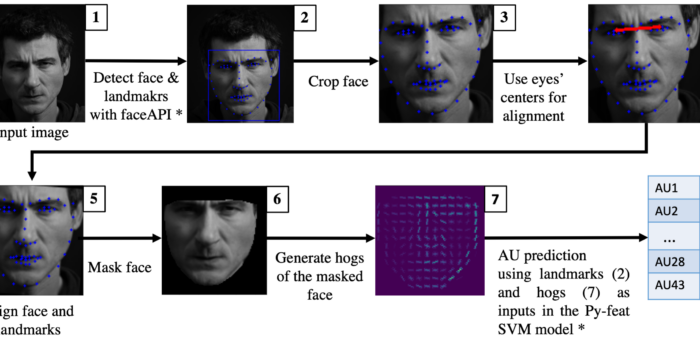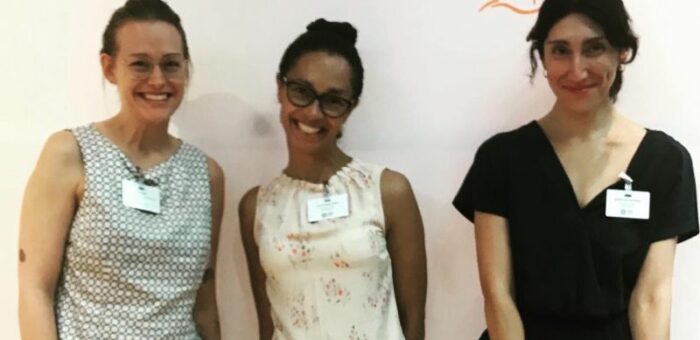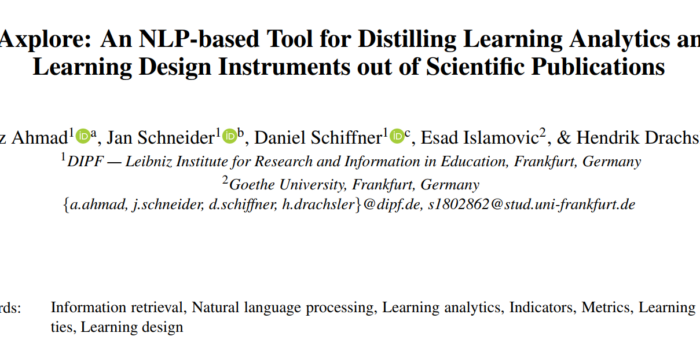
New Pub: LAxplore: An NLP-Based Tool for Distilling Learning Analytics and Learning Design Instruments out of Scientific Publications
Artificial Intelligence, Conference, Conference, Learning Analytics, Learning Design, New Pub, Open access, Publication, Technical paper
Abstract: Each year, the amount of research publications is increasing. Staying on top of the state of the art is a pressing issue. The field of Learning Analytics (LA) is no exception, with the rise of digital education systems that are used broadly these days from K12 up to Higher Education. Keeping track of the advances in LA is challenging. This is especially the case for newcomers to the field, as well as for the increasing number of LA units that consult their teachers and scholars on applying evidence-based research outcomes in their lectures. To keep an overview of the rapidly growing research findings on LA, we developed LAxplore, a tool that uses NLP to extract relevant information from the LA literature. In this article, we present the evaluation of…

